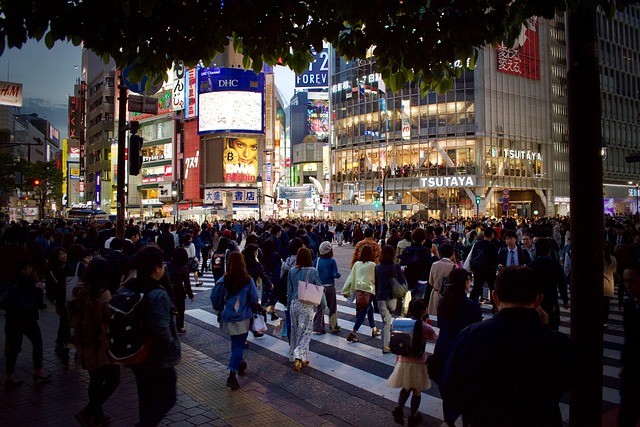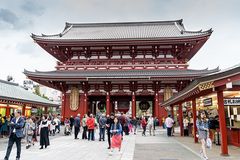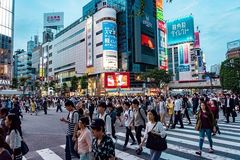Japan and the United Kingdom have reached an agreement to significantly increase the number of working holiday visas issued to each other’s citizens. Starting next year, both countries will issue up to 6,000 visas annually, a substantial increase from the current limits. The agreement was formalized in Tokyo by Japan’s Foreign Minister Yoko Kamikawa and
28 April 2023
| Post byJapan has announced the end of COVID-19 border measures earlier than anticipated. This means that travelers visiting the country with an eVisa for Japan will no longer need to present any health documentation to gain entry.
The majority of Japan’s mandatory coronavirus entry restrictions are now being lifted at midnight on April 28, 2023.
From April 29, most foreign arrivals are no longer required to present a vaccination certificate showing that they have received 3 doses of a COVID-19 vaccine. Nevertheless, all arrivals from mainland China still need to meet this requirement.
However, the requirement to present a negative coronavirus test taken within 72 hours of departure has been removed for all foreign visitors. This exemption also extends to passengers arriving from the People’s Republic of China.

Why Japan’s COVID Border Measures Are Being Lifted
Japan had previously planned to remove COVID-19 travel restrictions on May 8, 2023. This is the same day that the status of the COVID-19 virus is set to be downgraded to a common infectious disease (such as seasonal influenza).
However, the government decided to bring the date forward in anticipation of an increase of foreign visitors during the country’s annual Golden Week holidays. The 2023 celebrations take place from April 29 to May 5.
The easing of travel restrictions, along with recent revisions to the Japanese visa policy, will allow tourists to enter Japan more easily. This is expected to increase tourist arrivals and help the ongoing recovery of the Japanese tourism industry.
Voluntary Testing to Remain at Select Japanese Airports
Mandatory proof of a COVID test has now been abolished. However, the Japanese government has stated that it will maintain a voluntary testing system at 5 major airports.
These are expected to be:
- Chubu
- Fukuoka
- Haneda
- Kansai
- Narita
This will be available for arrivals who are experiencing possible COVID symptoms such as fever. The goal is to detect possible infectious diseases and stop their transmission within Japan.
The government has stated that these voluntary tests are not mandatory. However, they are recommended for travelers who may have been exposed to the virus or who are arriving from countries with a high rate of COVID-19 cases.
Related News
The Japanese Embassy in Saudi Arabia has announced that Saudi nationals and residents are now able to apply for the electronic visa (eVisa) for Japan. Saudi nationals and residents became eligible for the Japan eVisa starting March 27, 2023. The removes the need for these applicants to request a visa from a Japanese embassy or
The Japanese government launches a Japan eVisa for Canadians and US citizens. The electronic visa for Japan will go live on August 18, 2022, and allows nationals of Canada and the United States to solicit a tourist visa through a simplified online system. An eVisa for Japan has been in the works for some time


